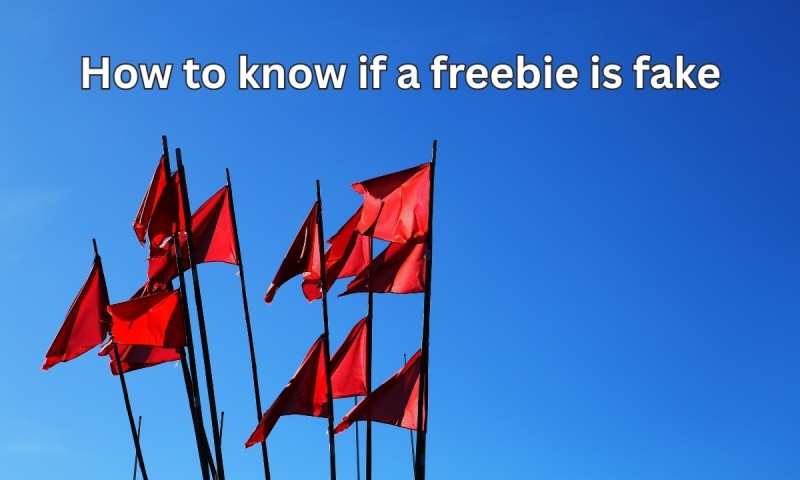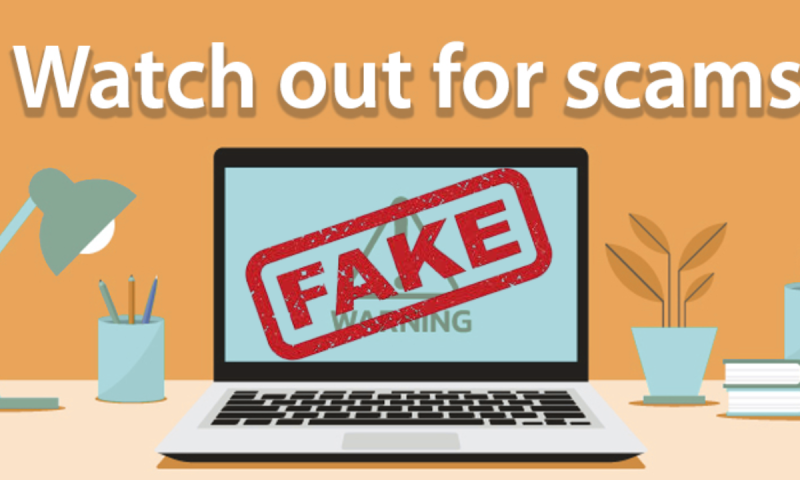Red Flags: Fake Freebies and Competitions

In the UK, the love of freebies, samples and prize draws has never been stronger. With the cost of living still biting, grabbing something for nothing feels like a small victory. Unfortunately scammers know this just as well, and fake giveaways are one of the easiest ways for criminals to harvest data, trick people into subscription traps or even gain access to bank details.
After years of working with UK freebie and discount sites, I have seen the same scams return again and again. The patterns are easy to spot once you know what to look for. Here is how to stay safe and enjoy the genuine offers without putting your personal information at risk.
If it feels too good to be true, it probably is
The biggest warning sign is usually the prize itself. Scammers love using high value bait. If you see a competition offering hundreds of brand new iPhones or £500 supermarket vouchers with no real entry conditions, assume it is fake. Genuine freebies from UK brands tend to be small and sensible such as sample sized skincare, small food items or low value branded merchandise. A company might offer a few higher value prizes for a proper competition, but the entry process will be clear and the promoter easy to identify. If the prize looks unrealistic for the effort required, trust your instincts.
The website or social page does not look professional
A lot of scam sites look almost convincing until you look closely. Poor layout, off brand colours, clumsy design and spelling mistakes are all common. Always check the URL. A real brand will use its official domain, not something like tesco free gift win now dot click. Look for a privacy policy and contact information as UK companies must provide this. Scammers often do not bother.
The information they ask for is unnecessary
For most freebies you only need to provide your name, email and postal address. Anything more should make you pause. Scammers often ask for phone numbers, date of birth or even bank details. Sometimes they claim it is for identity checks or postage. These are tactics used to gather data for spam, identity fraud or unwanted paid subscriptions. A genuine freebie will never require your national insurance number, card details or a scan of your ID.
Payment is required for something that is supposed to be free
This is one of the most common tricks. A site promises a freebie but asks for £1 to cover postage. The small print then signs you up for a subscription that charges much more a few days later. A proper freebie will not ask for payment and a proper competition will never request card details to “verify your entry”. If money is involved, it is not free.

Social media clues can reveal a fake giveaway
Scam competitions spread quickly on Facebook, Instagram and TikTok. Checking a few simple signs can save you trouble. Look at the age of the page. If it was created recently and has only a handful of posts, be careful. Does the username match the brand’s official account? If not, it is likely a clone. Read the comments as many fake giveaways are filled with repetitive messages from bots and low quality accounts. A legitimate brand will also list terms and conditions, which are required for any UK competition. Scam pages rarely include them.
You are pressured to share or tag others
Some real competitions ask for shares or tags but scammers often take it further. If you are told to share the post with multiple friends to “unlock” the prize or if you must forward a link through WhatsApp, it is almost certainly a scam. These tactics exist to make the scam spread faster, not to choose real winners.
The offer appears nowhere else
If a freebie is real, it usually appears on trusted UK freebie and bargain communities. Sites like MoneySavingExpert’s Freebies board, LatestFreeStuff and well known Instagram discount accounts share legitimate offers quickly. If the offer appears nowhere else, that is a strong hint that something is off.
A quick search can save you
Before entering anything you are unsure about, search the name of the offer or the website. Many scams get reported rapidly. Trustpilot and ScamHunters UK are good places to check and someone has often already flagged the problem.
Freebies should feel fun, not risky. By paying attention to a few simple red flags you can avoid most scams with ease. The key rule is simple. If you are giving away more information than the company is giving you in return, the deal is probably not worth it. If you ever want a second opinion on a freebie or competition, feel free to send me the link and I will happily check it for you.
